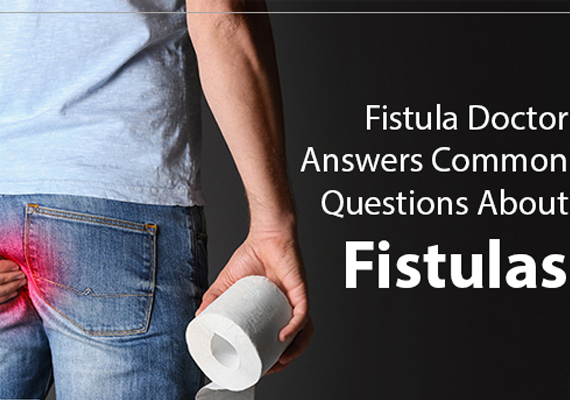Make an Appointment
Dr Sahil Sexologist Location :
Bhiwadi mod, 1floor, Main Rd, Bhiwadi, Rajasthan 301019
Timing: (10:00 AM To 6:00 PM)
7 Days Open
I am always ready to provide quality Sexology services.


An anal fistula is usually a side effect of an anal abscess, an infected wound that drains pus from your anus. The draining abscess can create a tunnel through your anus to the skin outside. Anal pain, swelling and redness are the primary symptoms. Surgery is the primary treatment.
An anal fistula is an abnormal passageway that develops from inside your anus to the skin outside. It usually develops in the upper part of your anus (butthole), where your anal glands are. When these glands become infected, drainage from the infection can create a fistula. This infection is called a perianal abscess. (Sometimes an anal fistula is also called a perianal fistula. “Perianal” means in the region of your anus.)
The most common cause of an anal fistula is a perianal abscess, which usually forms over an infected anal gland. An abscess is a pocket of pus that develops at the site of an infection. The pus needs to drain away and may create its own drainage channel to the outside Sometimes, a healthcare provider creates a drainage channel to treat the abscess. But often, the wound doesn’t heal completely, leaving a fistula. Uncommon causes of anal fistulas include
The GP will ask you about your symptoms and the type of pain you have been experiencing. They mayPersistent infection. A fistula that stems from an abscess or infection may keep the infection active. The infection may seem to go away at the original site but then return, forming a new abscess and causing renewed pain. Sometimes, the fistula may seem to be healing and may close at the opening, but recurring infection and drainage later open it again in a repeating cycle. Fistula extension. A chronic fistula may rarely extend in new directions, creating new branching channels and openings in your skin. These complex fistulas are more difficult to repair. Cancer. Anal cancer has occasionally been found in longstanding anal fistulas that have been present for years. Chronic inflammation and erosion are known risk factors for cancer.
Dr Sahil Sexologist Location :
Bhiwadi mod, 1floor, Main Rd, Bhiwadi, Rajasthan 301019
Timing: (10:00 AM To 6:00 PM)
I am always ready to provide quality Sexology services.